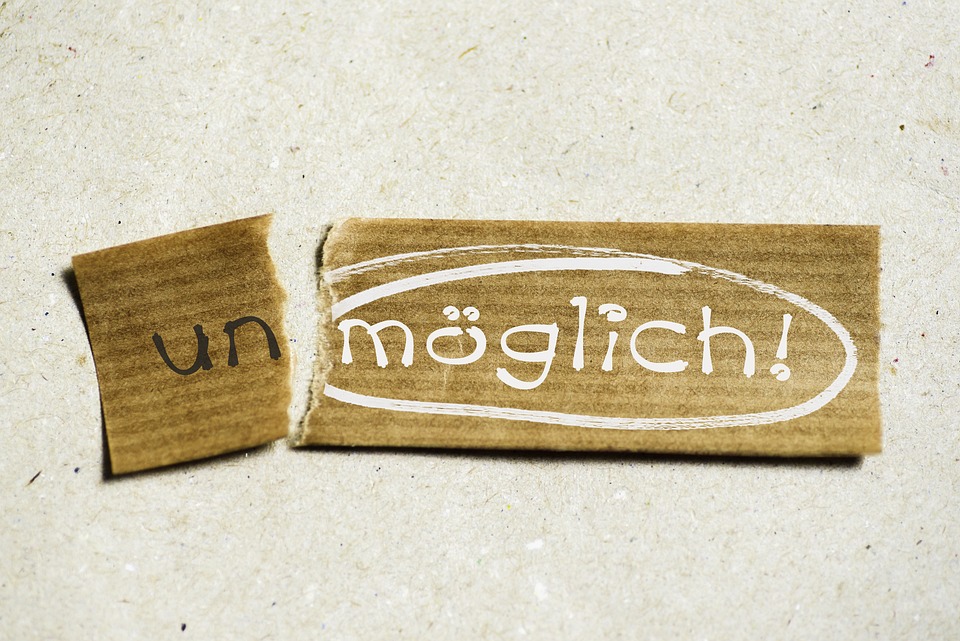[ad_1]
欠けているタイルであるヒューリスティック関数を使用して、このアルゴリズムを再作成するにはどうすればよいですか?
私が試したこと:
from random import random import numpy as np
def f(x):
return (x+1)*(x+1)*np.sin(x)
class Particle: def __init__(self, min_x, max_x, dimensions=1): # this is the interval we are dealing with [min_x,max_x] self.min_x = min_x self.max_x = max_x # this is the position of a particle - dimension dependent variable # 2 dimensions: (x,y) coordinates # 3 dimensions: (x,y,z) coordinates # N dimensions: (x1,x2,x3...xN) coordinates self.position = self.initialize(dimensions) # velocity parameter of the particle self.velocity = self.initialize(dimensions) # we have to track the global best position self.best_position = self.position # depending on the problem [it is the f(best_position)] self.best_value = 1e10 #Extreme large value because task is to find the global minima #Extreme small value (i.e., -1e10) if task is to find the global maxima def move(self): new_position = self.position + self.velocity # when updating the positions and velocities we have to consider the boundaries # upper bound: max_x - lower bound: min_x new_position = np.where(new_position > self.max_x, self.max_x, new_position) new_position = np.where(new_position < self.min_x, self.min_x, new_position) self.position = new_position def initialize(self, x): return np.array([self.min_x + (self.max_x - self.min_x) * random() for _ in range(x)]) def __repr__(self): return ' '.join(str(e) for e in self.position)
class ParticleSwarmOptimization: # c1=0 it means there is no individual actions - all the particles behave according to the global best position # so the particle is not affected by its own best position so far (just the global position exclusively) # THIS IS 100% EXPLOITATION !!! # c2=0 it means the particles are totally independent of each other (no interaction between them # and no information exchange between the particles) # in this case particles don't care about the global optimum # THIS IS 100% EXPLORATION !!! def __init__(self, min_x, max_x, n_particles=100, max_iteration=30,w=0.7, c1=1.4, c2=1.2): self.n_particles = n_particles self.max_iteration = max_iteration self.particles = [Particle(min_x, max_x) for _ in range(n_particles)] # these are the global best values (fitness) and positions # and there are the best parameters for every single particle self.best_value = 1e10 self.best_position = self.particles[0].position # inertia weight (exploration and exploitation trade-off) self.w = w # cognitive (local) and social (global) weights self.c1 = c1 self.c2 = c2 def run(self): counter = 0 while counter < self.max_iteration: counter += 1 self.move_particles() self.set_best() self.set_particle_best() print('Solution: %s with value: %s' % (self.best_position, self.best_value)) def set_particle_best(self): for particle in self.particles: particle_fitness = f(particle.position) if particle.best_value > particle_fitness: particle.best_value = particle_fitness particle.best_position = particle.position def set_best(self): for particle in self.particles: particle_fitness = f(particle.position) if self.best_value > particle_fitness: self.best_value = particle_fitness self.best_position = particle.position def move_particles(self): for particle in self.particles: new_velocity = self.w * particle.velocity + self.c1 * random() * (particle.best_position - particle.position) + \self.c2 * random() * (self.best_position - particle.position) particle.velocity = new_velocity particle.move()
[ad_2]




コメント